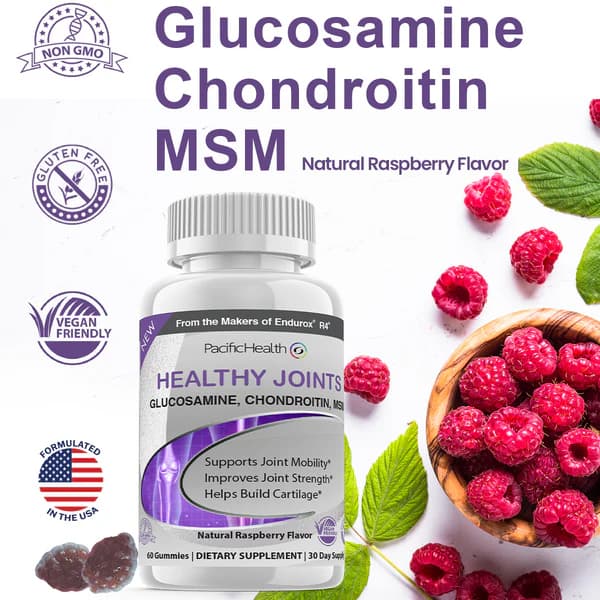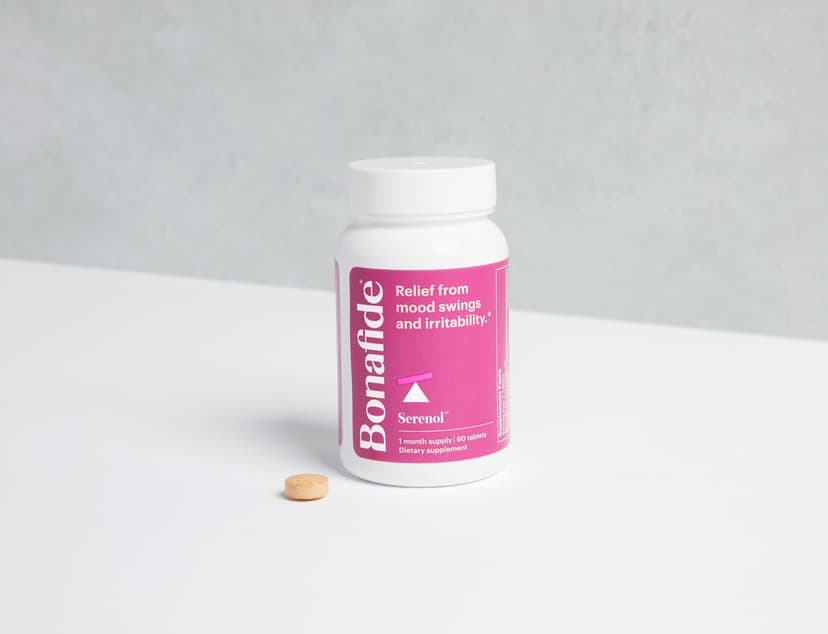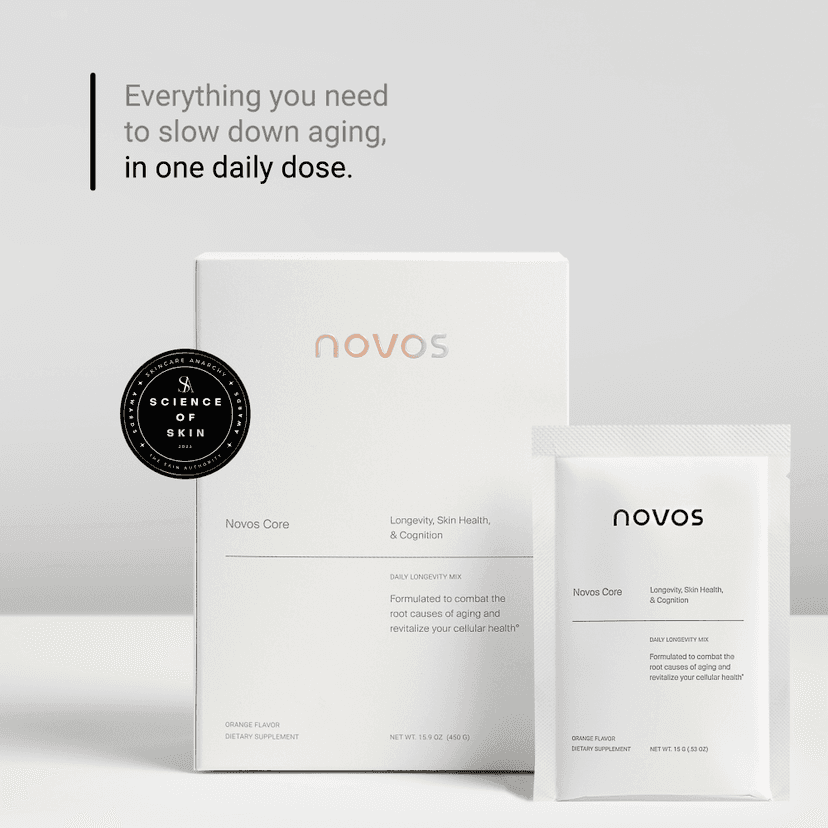Boosting athletic performance isn't just about hard training; it's also about eating right and staying hydrated. Athletes need to know how to fuel their bodies properly to get the best results. This article will cover key nutrition and training tips to help athletes perform at their peak.
Key Takeaways
- Proper nutrition is crucial for athletes to perform their best and recover quickly.
- Staying hydrated and maintaining electrolyte balance is essential for peak performance.
- Eating the right foods before and after workouts can boost energy and aid in recovery.
- Vitamins, minerals, and antioxidants play a vital role in muscle function and reducing inflammation.
- Personalizing your nutrition plan can help meet individual training needs and improve overall performance.
The Role of Macronutrients in Athletic Performance
Carbohydrates: The Primary Energy Source
Carbohydrates are the body's main source of energy, especially during high-intensity activities. They are stored as glycogen in muscles and the liver, which can be quickly converted to glucose when needed. Athletes should ensure they consume enough carbs to maintain their energy levels.
Proteins: Building and Repairing Muscles
Proteins are essential for muscle repair and growth. They provide the building blocks (amino acids) necessary for muscle recovery after intense workouts. Including a variety of protein sources in your diet can help optimize muscle repair and growth.
Fats: Essential for Endurance
Fats are a crucial energy source for longer, lower-intensity activities. They help in the absorption of fat-soluble vitamins and provide essential fatty acids that the body cannot produce on its own. Incorporating healthy fats into your diet can support sustained energy levels during endurance sports.
Understanding the role of each macronutrient can help athletes tailor their nutrition plans to meet their specific training needs and goals.
Hydration Strategies for Athletes
Importance of Staying Hydrated
Staying well-hydrated is crucial for athletes. Both dehydration and overhydration can negatively impact performance. Hydration needs vary based on body size, sweat rate, and exercise intensity. In general, athletes should drink 400–800 mL of water per hour during training or competition.
Electrolyte Balance
Maintaining the right balance of electrolytes is essential. Sodium, potassium, and magnesium are key electrolytes that help in muscle function and fluid balance. Adding 1.3 grams of sodium per liter of water can aid in recovery after intense activities.
Hydration Timing
When you drink is just as important as how much you drink. Athletes should start hydrating well before their workout and continue to drink at regular intervals during and after exercise. This helps in maintaining optimal performance and quick recovery.
Remember, hydration is not just about drinking water; it's about maintaining the right balance of fluids and electrolytes to support your athletic performance.
Pre- and Post-Workout Nutrition
Pre-Workout Fueling Tips
Before you exercise, it's important to eat the right foods to give you energy. Try to eat a balanced meal with carbs, proteins, and fats 1-2 hours before working out. Carbs give you quick energy, proteins help your muscles, and fats keep you going for longer. Make sure to test your pre-workout meal before a big event to see how your body reacts.
Post-Workout Recovery Nutrition
After you exercise, your body needs to recover. Eating protein-rich foods helps your muscles repair and grow. Carbs are also important to refill your energy stores. Aim to eat a balanced meal within two hours after your workout.
Timing Your Meals
When you eat is just as important as what you eat. Eating at the right times can help you train better, feel less tired, and even improve your body shape. Try to eat a mix of carbs and protein up to four hours before and within two hours after exercising.
Eating the right foods at the right times can make a big difference in how you feel and perform during your workouts.
Micronutrients and Their Impact on Performance
Vitamins for Energy and Recovery
Vitamins play a key role in helping athletes stay energized and recover quickly. B vitamins, for example, help convert food into energy, while vitamin C aids in repairing tissues. Including a variety of fruits and vegetables in your diet can ensure you get these essential vitamins.
Minerals for Muscle Function
Minerals are crucial for muscle function and overall performance. Calcium and magnesium help muscles contract and relax properly. Iron is important for carrying oxygen to muscles. Eating foods like leafy greens, nuts, and lean meats can help you get enough of these minerals.
Antioxidants for Reducing Inflammation
Antioxidants help reduce inflammation and muscle soreness after intense workouts. Vitamins A, C, and E are powerful antioxidants found in colorful fruits and vegetables. Including these in your diet can help you recover faster and perform better.
Micronutrients might not provide energy directly, but they are essential for the processes that do. Make sure to include a variety of nutrient-rich foods in your diet to support your athletic performance.
Preventing Disordered Eating in Athletes
Recognizing the Signs
Many athletes, especially females, are at risk of under-consuming nutrients or developing disordered eating habits. This is particularly common in sports that emphasize weight or appearance, such as wrestling, bodybuilding, and long-distance running. Disordered eating can be hard to detect, but tools like the Eating Attitudes Test (EAT-26) can help. If disordered eating is suspected, athletes should be encouraged to seek treatment.
Creating a Supportive Environment
Athletes need a supportive environment to maintain healthy eating habits. Coaches, teammates, and family members should be educated about the risks and signs of disordered eating. Open communication and a non-judgmental attitude can make a big difference. It's important to promote a culture that values health and well-being over appearance or performance.
Nutritional Counseling and Education
Working with a sports nutritionist, preferably a registered dietitian, can help athletes ensure they are consuming enough calories and nutrients. This professional can assist in creating a balanced diet that supports both performance and recovery. They can also help plan meal timing strategies that fit the athlete's body, sport, and schedule.
Athletes should focus on eating a healthy and varied diet that meets their nutrient needs. Whole foods are generally better than processed options.
By recognizing the signs, creating a supportive environment, and seeking professional guidance, athletes can prevent disordered eating and maintain optimal performance.
Training Techniques to Enhance Performance
Strength Training Fundamentals
Strength training is key for athletes. It helps build muscle, improve strength, and boost overall performance. Focus on compound movements like squats, deadlifts, and bench presses. These exercises work multiple muscle groups at once, making them very effective. Aim for 2-3 strength training sessions per week.
Endurance Training Strategies
Endurance training is all about increasing stamina. Incorporate activities like running, cycling, or swimming into your routine. Start with shorter sessions and gradually increase the duration. Interval training, which alternates between high and low intensity, can also be very effective.
Incorporating Flexibility and Mobility Exercises
Flexibility and mobility exercises are often overlooked but are crucial for preventing injuries and improving performance. Include stretching and mobility drills in your warm-up and cool-down routines. Yoga and Pilates are also great options to enhance flexibility and core strength.
Consistency is key. Stick to your training plan and make adjustments as needed to see continuous improvement.
Personalizing Your Nutrition Plan
Assessing Individual Needs
To create a nutrition plan that works for you, start by understanding your unique needs. Consider your age, weight, training intensity, and goals. These factors will help you determine the right balance of macronutrients and calories.
Adjusting for Different Training Phases
Your nutrition needs will change depending on your training phase. During intense training periods, you might need more carbohydrates for energy. In contrast, during rest periods, you might focus on proteins and fats for recovery.
Monitoring and Adjusting Your Plan
Regularly check how your body responds to your nutrition plan. Keep track of your energy levels, performance, and overall well-being. If something feels off, don't hesitate to make adjustments. Your nutrition plan should be flexible and evolve with your needs.
A personalized nutrition plan is not static; it should grow and change as you do. Stay attentive to your body's signals and be ready to adapt.
Conclusion
In conclusion, boosting athletic performance is a blend of smart nutrition and effective training. Eating the right foods and staying hydrated can make a big difference in how well you perform and recover. By paying attention to what you eat and drink, you can give your body the fuel it needs to excel. Remember, every athlete is different, so it's important to find what works best for you. Keep learning, stay dedicated, and you'll see the benefits in your performance and overall health.
Frequently Asked Questions
Why are carbohydrates important for athletes?
Carbohydrates are the main source of energy for athletes. They help fuel workouts and keep energy levels high.
How do proteins help in athletic performance?
Proteins are essential for building and repairing muscles. They help in recovery after workouts.
What role do fats play in an athlete's diet?
Fats are important for long-lasting energy and endurance. They also help in absorbing certain vitamins.
Why is hydration crucial for athletes?
Staying hydrated helps maintain performance and prevents dehydration, which can affect energy and focus.
What should I eat before a workout?
Before a workout, it's good to eat a mix of carbohydrates and proteins to fuel your body and support muscle function.
How can I recover quickly after a workout?
Post-workout, it's important to consume proteins and carbohydrates to help muscle recovery and replenish energy stores.



















